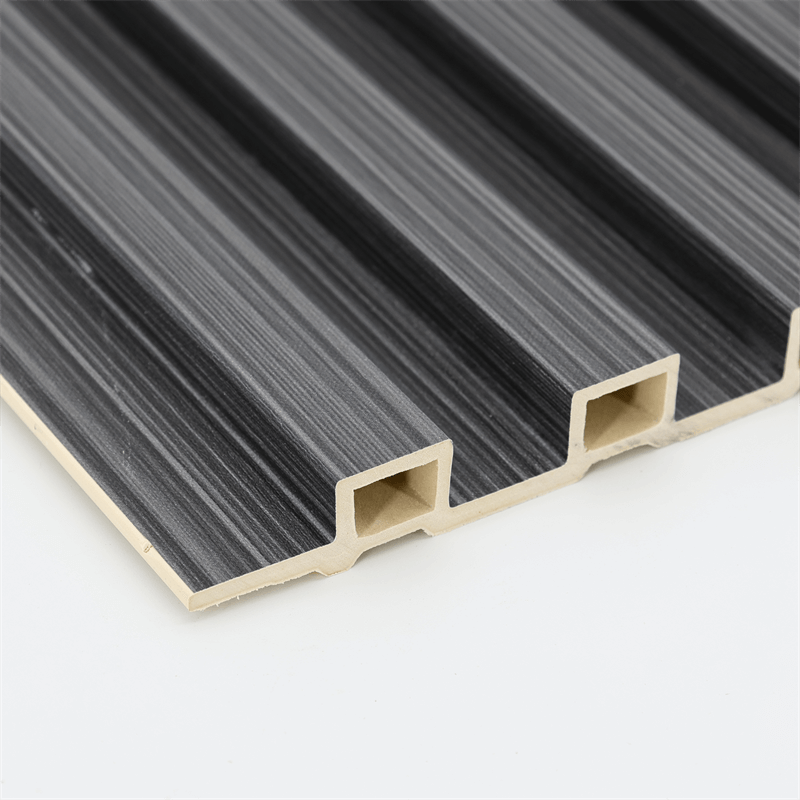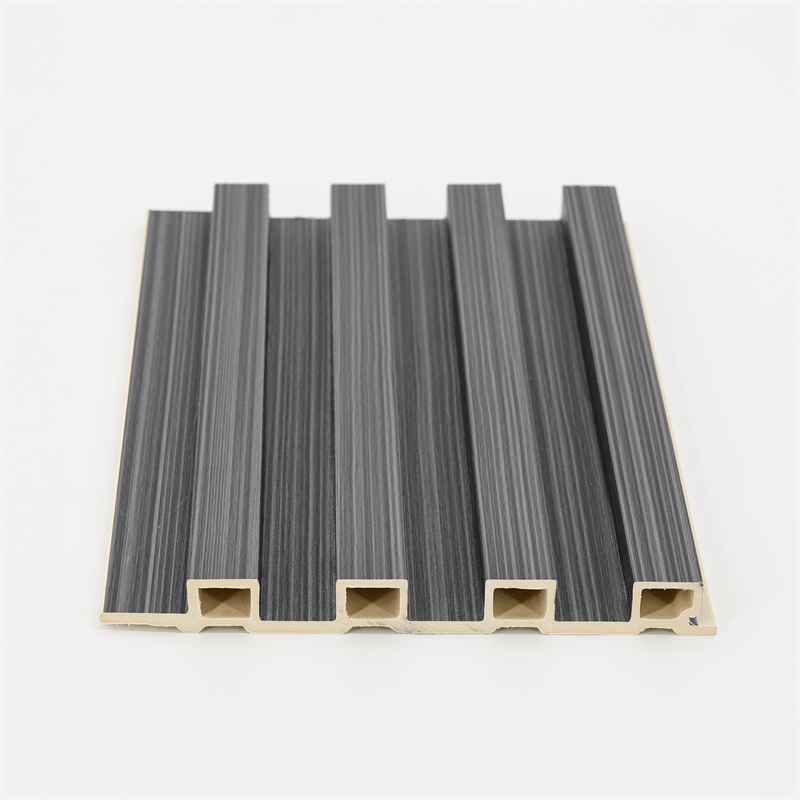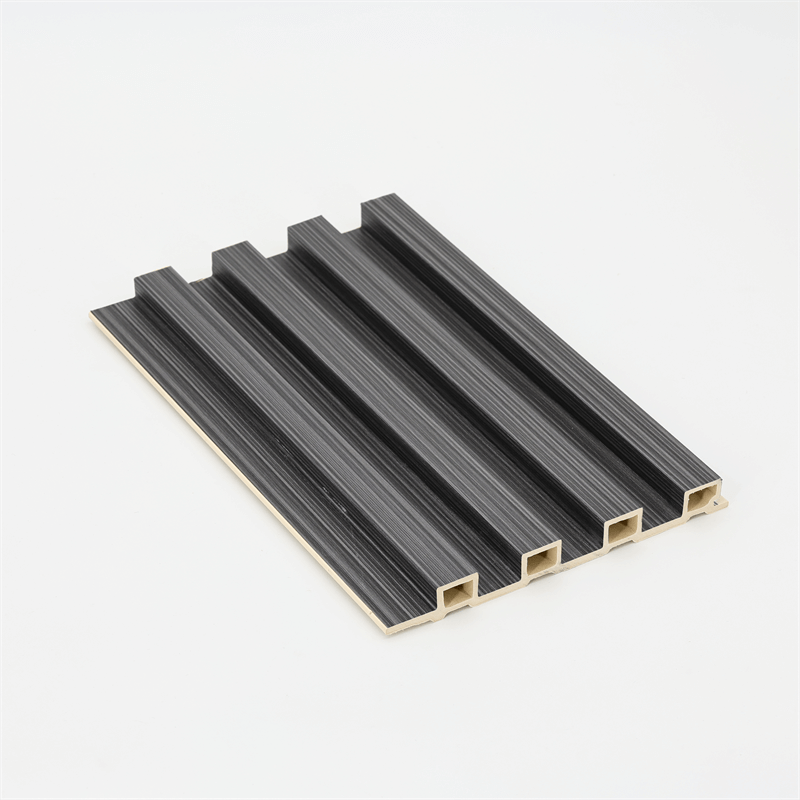WPC (Wood Plastic Composite) wall panels have gained significant popularity in the field of construction and interior design due to their versatility and numerous benefits.
These panels are made from a combination of wood fibers and thermoplastics, resulting in a durable and environmentally friendly material.
In this essay, we will explore the versatility and benefits of WPC wall panels, highlighting their applications, aesthetic appeal, sustainability, and durability.
I. Versatile Applications of WPC Wall Panels:
WPC wall panels offer a wide range of applications in both residential and commercial settings.
Firstly, they can be used for interior wall cladding, providing an elegant and modern look to any space.
Whether it’s a living room, bedroom, or office, these panels add a touch of sophistication and style. Additionally, they can be utilized as ceiling panels, transforming the overhead space into a visually appealing element.
Moreover, WPC wall panels are suitable for exterior cladding as well.
They effectively protect the building from harsh weather conditions and provide insulation, making them an excellent choice for both residential and commercial facades.
The versatility of WPC panels allows them to be used in various architectural styles, ranging from contemporary to traditional, enabling designers and architects to achieve their desired aesthetic vision.
II. Aesthetic Appeal and Design Possibilities:
One of the significant advantages of WPC wall panels is their aesthetic appeal.
These panels are available in a wide range of colors, finishes, and textures, allowing for endless design possibilities.
Whether one desires a natural wood-like appearance or a sleek, modern look, WPC panels can fulfill these requirements.
The ability to mimic the texture and grain of real wood is a remarkable feature of WPC wall panels.
They provide the warmth and beauty of wood while eliminating the drawbacks associated with natural wood, such as warping, fading, and susceptibility to pests.
The availability of various surface finishes, such as matte, glossy, or textured, further enhances the visual appeal of these panels.
III. Sustainability and Eco-Friendliness:
In an era where sustainability is a key consideration, WPC wall panels stand out as an eco-friendly alternative to traditional materials.
These panels are primarily composed of recycled wood fibers and recycled thermoplastics, making them a sustainable choice for construction projects.
By utilizing waste materials and reducing the demand for virgin resources, WPC panels contribute to the conservation of natural resources and help in waste management.
Furthermore, the manufacturing process of WPC wall panels requires significantly less energy compared to other building materials.
This lower energy consumption results in a reduced carbon footprint, making WPC panels a more environmentally friendly option.
Additionally, WPC panels are free from harmful chemicals such as formaldehyde, which ensures a healthy indoor environment.
IV. Durability and Longevity:
WPC wall panels offer exceptional durability and longevity, making them a practical investment for both residential and commercial applications.
These panels are highly resistant to rot, decay, and insect damage, eliminating the need for frequent maintenance and replacement.
Unlike traditional materials like wood or gypsum, WPC panels do not require sealing, staining, or painting, saving both time and money in the long run.
The inherent moisture resistance of WPC wall panels makes them ideal for areas prone to dampness, such as bathrooms and kitchens.
They do not absorb water, preventing the growth of mold and mildew, which is not only aesthetically unpleasant but also a potential health hazard.
Additionally, WPC panels are resistant to fading, cracking, and warping, ensuring their structural integrity and appearance over an extended period.
WPC wall panels offer versatility, aesthetic appeal, sustainability, and durability, making them an excellent choice for modern construction and interior design.
With their wide range of applications, including interior and exterior cladding, ceiling panels, and various architectural styles, these panels provide designers and architects with ample creative possibilities.

Moreover, the eco-friendliness and longevity of WPC panels contribute to sustainable building practices and long-term cost savings.
As the demand for sustainable and aesthetically pleasing building materials continues to rise,
WPC wall panels have emerged as a preferred choice for those seeking versatile and beneficial solutions in the construction industry.
In conclusion, the versatility and benefits of WPC wall panels make them a valuable addition to the realm of construction and interior design.
Their wide range of applications, including both interior and exterior cladding, ceiling panels, and their compatibility with various architectural styles, offer immense design flexibility and aesthetic appeal.
Furthermore, the sustainable nature of WPC panels, derived from recycled wood fibers and thermoplastics, showcases their commitment to environmental preservation and responsible waste management.
By reducing the demand for virgin resources and minimizing energy consumption during manufacturing, WPC wall panels contribute to a greener and more sustainable future.
Additionally, the durability and longevity of WPC panels ensure a cost-effective investment for homeowners and businesses alike.
With their resistance to rot, decay, insects, moisture, fading, cracking, and warping, these panels require minimal maintenance and provide long-lasting performance, saving both time and money over their lifespan.
As the world increasingly embraces sustainable and innovative building materials, WPC wall panels have emerged as a prominent choice due to their ability to combine functionality, aesthetics, and environmental consciousness.
By incorporating WPC panels into construction and design projects, individuals can create spaces that are not only visually appealing but also contribute to a sustainable and eco-friendly built environment.
In summary, the versatility, aesthetic appeal, sustainability, and durability of WPC wall panels position them as a remarkable solution for contemporary construction and interior design.
With their ability to transform spaces, enhance aesthetics, reduce environmental impact, and provide long-term value, WPC panels are undoubtedly a worthwhile investment for those seeking innovative and eco-conscious building materials.


